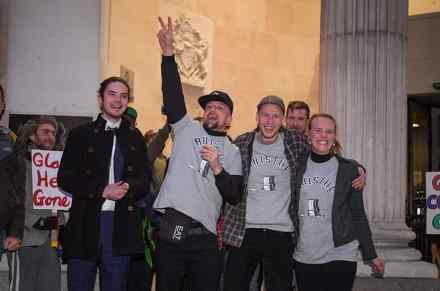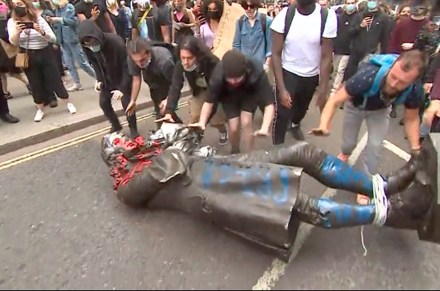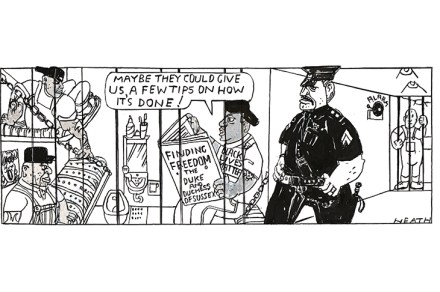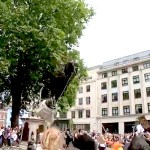Will Colston’s statue wreak its revenge?
The statue of the Bristol merchant Edward Colston is apparently guilty of a hate crime. Let us hope that the four charged with pulling him down are indeed, for their sake, ‘on the right side of history’, as they claim, since statues have a habit of getting their own back on those who dishonour them. The statue of Theagenes (5th C bc) provides an instructive example. A Greek from the island of Thasos, Theagenes was one of the greats of the games’ circuit (so one should hope: his father was a priest of Heracles). As a boxer and all-in fighter (pankratiast), he won twice at the Olympics (boxing 480 bc,






